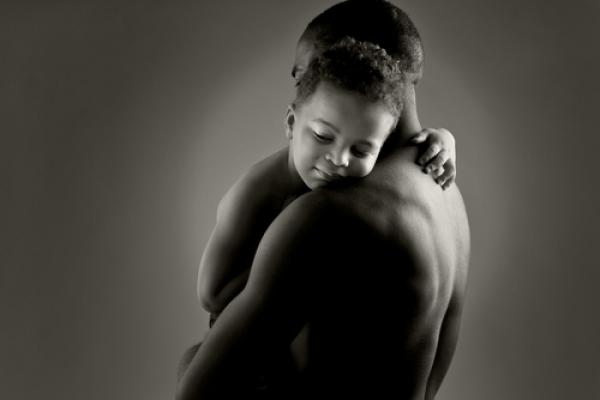Jul 16, 2013
Howard Thurman says three things, in Jesus and the Disinherited: One — God is on the side of the oppressed and the poor. Know that God is on your side. Two — Dishonesty takes you out of the conversation. And if you live an honest life, if you have integrity, you can sit at the table. In areas of race, people look for holes in your character as excuses for you not to be at the table. Three — Hate is useless. Don’t let hate sink into your soul, because hate will destroy you. And respond with love even if it’s hard. So I try to teach my boys that, and raise them that way.
Read the Full Article

Already a subscriber? Login
